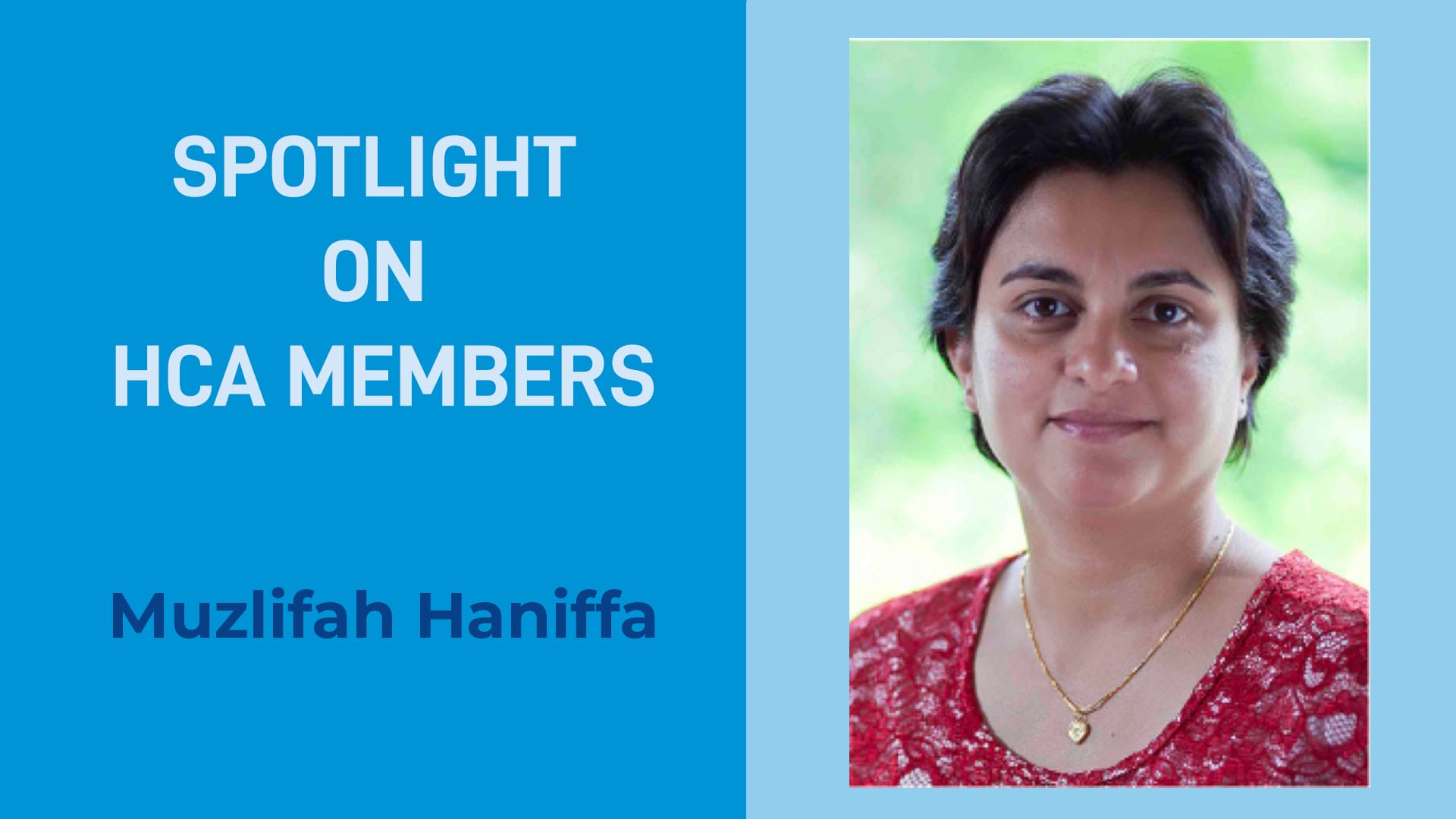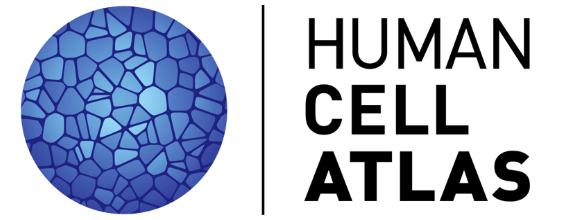Spotlight on HCA Members - Muzlifah Haniffa

Introduction
Muzlifah Haniffa is a senior Group Leader at the Wellcome Sanger Institute, and Professor of Dermatology and Immunology at Newcastle University. She is a member of theHCA Organizing Committee and a coordinator of the HCA Development Biological Network.
Born in Malaysia, Muzlifah (known as Muzz) came to the UK to study medicine in Cardiff, then trained as a junior doctor in Cambridge before moving to Newcastle for her PhD in skin immunology. Post-doctoral research in Singapore and Newcastle, and a senior Fellowship led her to her current position.
Please tell us about your career. How did you get involved with HCA?
I trained as a doctor and then as a specialist dermatologist. Initially my research involved deconstructing human skin using limited protein markers and imaging. Then I became an early pioneer of single cell RNA sequencing (scRNA-seq) to profile blood immune cells. This showed me the unprecedented insight on human cells that can be achieved by cutting-edge technology.
I was working with Aviv Regev, using scRNA-seq to study blood immune cells, dendritic cells and monocytes, when she and Sarah Teichmann launched the HCA in 2016. I attended the launch meeting and it was a really exciting time - straight away I saw the importance of creating a reference map of the human body as part of an HCA community, and have been focusing on atlasing ever since.
What are you working on right now? How will this help people?
I realised the UK-based Human Developmental Biology Resource (HDBR), which supplies tissues for ethically approved studies, would enable us to investigate human development. Until recently, understanding how the human embryo forms has been very limited, but using single cell genomics and spatial technologies we are now able to interrogate the gene expression of cells during different stages of development. The Human Developmental Cell Atlas is helping us to understand how human tissues and organs form, and is already giving major insights into the human immune system.
The applications of this knowledge are enormous – the Human Developmental Cell Atlas will enable us to know how to engineer tissues, to regenerate tissues, and how to design cells and tissues that can be effectively used in the clinic. It’s incredible!
What is the best thing about being part of the HCA Community?
The ability to interact with a range of researchers from many fields and across continents, and the feeling that we’re all pulling together to achieve the goals of HCA. There is this sense that this is a big team, full of camaraderie, people all working together. This is a growing community of shared research interests and research culture. It's a really supportive environment that is exciting to be part of.
Openness and diversity is at the heart of HCA, how is this important to you?
Open collaboration is essential to advance science at scale in a timely manner, and openness is critical to build trust between researchers. This is a key value of mine.
Diversity is vital for success as it allows people with different expertise and skillsets, and with different lived experiences, to solve these big challenges. The HCA is such a huge project, without diversity, we won’t have the talent pool. Diversity also ensures inclusivity and equality in achieving these goals, and also in ensuring that HCA is globally representative.
Can you tell us your favourite HCA discovery so far?
The finding of the viral entry receptors for COVID-19 was an amazing discovery. This shows the value of the Atlas datasets and how people can work together as one community, to bring to light how the SARS virus enters human cells and the vulnerable sites where this occurs. Our findings support the need for wearing masks (and eye protection) in high-risk procedures.
What do you hope HCA will achieve in the next 5-10 years?
The Human Genome Project resulted in a huge and widely used database, like Ensembl, I want the same for HCA. A resource that will be immensely valuable for the entire HCA community, accessible to everyone. I could see it used a bit like a Google map, where people would navigate, find out about individual cells, what they are, where they are, what they do, and how they communicate with their neighbours.
Photo Credit: Wellcome Sanger Institute, GRL
